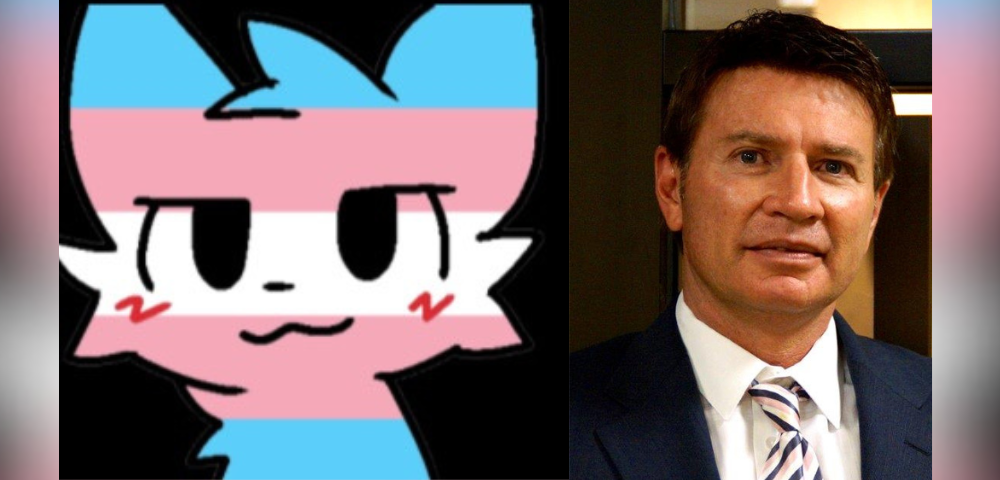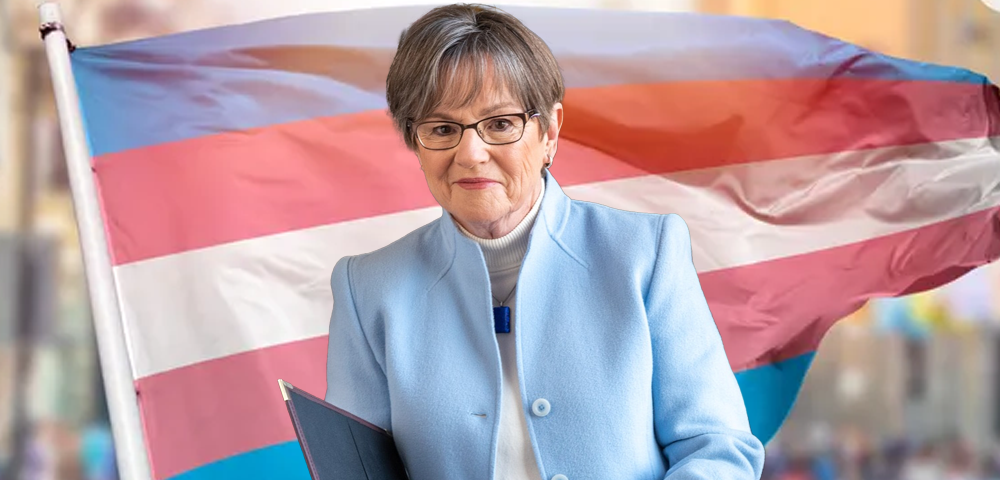
World Health Organisation drops being transgender from list of ‘mental disorders’

The World Health Organisation (WHO) has moved the term it uses to describe transgender people—”gender incongruence”—from its mental disorders chapter.
The term will now be moved to the panel’s sexual health chapter, in a landmark decision voted on by WHO’s legislative body.
The intended change was first announced last year, a change welcomed by advocates who said it followed many years of lobbying for change based on medical evidence.
At the time, Transgender Victoria’s Sally Goldner told the Star Observer that the change would be significant in the lives of trans people.
“This is already proving, for trans and gender diverse people, to be the equivalent of taking homosexuality out of the psychiatrists’ [Diagnostic and Statistical Manual of Mental Disorders]. It’s that big of a milestone,” she said.
“People say transgender is a disorder and you’ve got to fix the disorder – they can’t say that as much anymore. Here’s the big health organisation saying no, it’s just part of human diversity. It needs to be treated with respect.
“It’s going to help parents support young [trans] people better. It can only have benefits.”
The new standard of classification appears in the 11th revision of the International Statistical Classification of Diseases and Related Health Problems (ICD-11). It will go into effect on 1 January, 2022.
The WHO uses the term “gender incongruence” to describe people whose gender identity is different from the gender they were assigned at birth.










Long Overdue for transgender reform, but sadly the WHO did add “intersex conditions and variations” as a mental disease unfortunately.